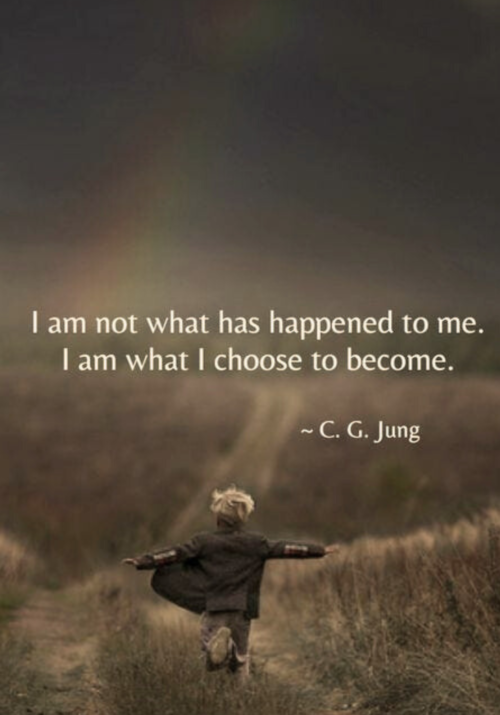Two people face the same challenge.
One says, “I’ll figure this out, I just need to adjust my approach.”
The other says, “It’s out of my hands, there’s nothing I can do.”
Same problem. Completely different mindset.
The difference? Their locus of control. (Def. a psychological concept that describes how strongly individuals believe they have control over the events and outcomes in their lives).

What Is Locus of Control?
The term locus of control comes from psychologist Julian Rotter. It’s about where you believe control over your life comes from:
- Internal locus of control → You believe your actions and decisions largely shape your outcomes.
- External locus of control → You believe outcomes are determined by luck, fate, or forces outside your influence.
The Internal Mindset
People with a strong internal locus of control tend to:
- Take responsibility for their actions.
- Believe they can influence results through effort.
- See setbacks as temporary and changeable.
In sport, this might mean taking ownership of a bad performance instead of blaming the weather, the referee, or bad luck. In work or studies, it means asking “What can I do differently?” instead of “Why does this always happen to me?”
The External Mindset
People with a strong external locus of control tend to:
- Attribute outcomes to luck, fate, or other people’s decisions.
- Feel less in control when things go wrong.
- Wait for circumstances to change rather than taking action.
This can sometimes protect you from unnecessary guilt (because no, not everything is in your control). But if you lean too far into this mindset, it can leave you feeling powerless.
Why It Matters
Your locus of control isn’t just a mentality — it influences your resilience, motivation, and even mental health.
When I was playing football professionally, I saw this difference up close. Two players could have the exact same bad game. One would take it as a signal to train harder and tweak their technique. The other would shrug it off as “just bad luck” and keep doing the same thing.
Guess which one improved faster.
The same applies off the pitch: the more you believe you have influence, the more likely you are to act — and the more action you take, the more opportunities you create.
Shifting Towards an Internal Locus of Control
You can’t control everything. But you can control how you respond.
Here are a few ways to move toward a more internal locus of control in your own life:
- Ask “What can I do?” before “Why me?”
Shift your focus from blame to action. - Separate what’s in your control from what’s not
Then put your energy into the part you can influence. - Own your wins and your mistakes
If you take credit for the good, take responsibility for the bad. - In Situations that were unfair or you were treated badly
Carefully examining these occurrences with this mindset can allow even these situations to be a opportunity for growth. - Look for patterns
Notice what’s working and what’s not — then adjust.
Your Turn
Think about a recent challenge you faced.
How did you explain the outcome to yourself?
Was it mostly about things you could influence — or things you couldn’t?
Start small. Choose one area where you’ve been feeling stuck and look for just one thing you can change today. The more you practice this, the more you’ll realise how much control you actually have.


This is a sample comment. Lorem ipsum dolor sit amet, consectetur adipiscing elit. Sed consectetur mollis posuere. Maecenas quis felis sit amet augue dictum molestie. Phasellus tempor nisi sem, id ultrices nibh ultrices id.
This is a threaded comment reply.
This is a threaded comment reply.
This is another comment. Lorem ipsum dolor sit amet, consectetur adipiscing elit. Sed consectetur mollis posuere.